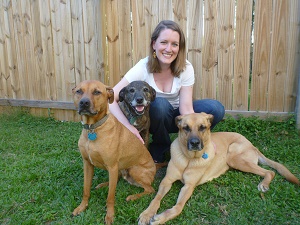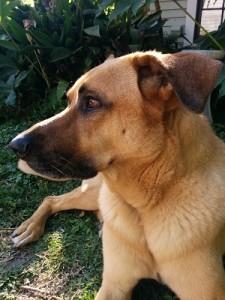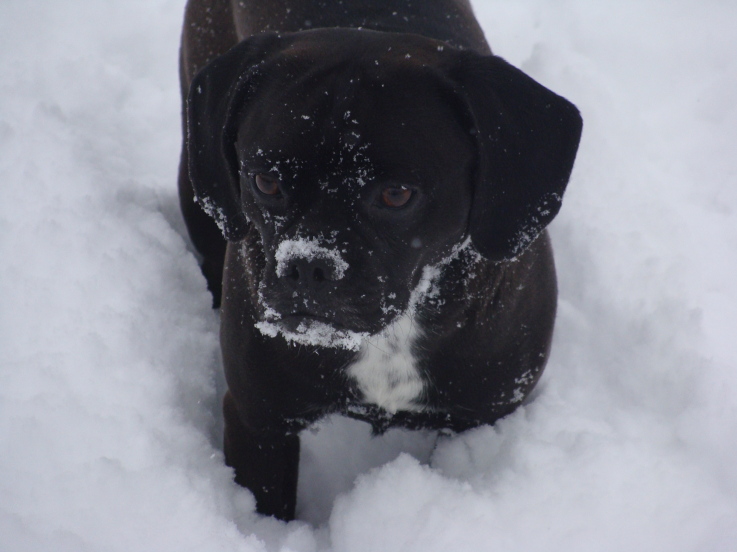#AgingPetAppreciation: Ensure Your Pets’ Golden Years Are Healthy
Guest post by Maggie Marton
There was a time some years ago – I won’t divulge how many – when I could stay out way too late with my friends, then get up first thing, eat a slice of cold pizza, and head off to class or work without a struggle. These days? Well, I tend to go to bed at a reasonable hour, but on the occasions when it happens, it takes a lot more than cold pizza to get me going the next morning (usually a pot of coffee). But I’m not quite at the point when I’m ready to pass on fun nights out with friends, either.
What does this have to do with aging pets? When we focus on our animals aging, we sometimes skip those in-between years, the years between the “partying” puppy stage and senior status. And those in-between years are critical to ensure that our pets’ golden years are as wonderful and healthy as possible.
This has hit home for me with my seven-ish-year-old shepherd mix, Lucas. Lucas has always been a hard-partying dog. He loves to run. And run. And run. He wrestles with his dog friends and brothers, and he plays ‘til he drops at doggy daycare. While he still does all those activities with gusto, we’ve noted that his recovery period is becoming more prolonged.
A few years ago, he could take a nap after doggy daycare, eat dinner, then head out for a walk. Now, he chooses to skip the evening walk in favor of a before-bed nap. After a good wrestling match with his next-door-neighbor best friend dog, his hips are stiff, and he excuses himself to rest instead of playing tug with his younger brother.
So, what can you do in these middle years to keep your pup happy, healthy, and ready to burst into his senior years?
- Monitor play: Especially for fun-loving dogs like Lucas, it’s important to monitor activity. If you know your dog is angling for an injury, stiffness, or soreness, call off the game.
- Consider supplements: Work with your vet to determine if your pup should start a supplement routine. Lucas does great with a mixture of joint supplements and coconut oil.

- Insist on recovery: Many dogs, like many teenagers, aren’t great at self-regulating. It’s your job as the parent to ensure your dog gets the recovery time he needs after a period of activity. With Lucas, after a long hike, we like to settle in to a movie, while I hold a hot pack on his hips.
- Mix low- and high-impact activities: As dogs age, they need to keep up with exercise to stay fit. But be sure to mix up the types of activities. Maybe a hike one day and a joint-friendly swim the next. Test out a bunch of different exercises to see what works (which, by the way, will be a ton of fun for you and your dog!).
- Alter the diet: Again, discuss this one with your vet, but a formula targeted toward your dog’s age and activity level could help keep the weight off and keep your pup active. With Lucas, we realized we could feed him the same food – but less of it at each meal.
By taking pre-emptive steps during the not-quite-puppy but not-quite-elderly stages, you’ll help to make your dog’s transition to “senior status” an easy, healthy one!
About the author: Maggie Marton is a freelance pet writer and dog blogger. Visit her online at maggiemarton.com or ohmydogblog.com.



